HOW TO: Connect Microsoft SQL 2000 Database with Enterprise Manager
This article will show you how to connect Microsoft SQL 2000 Database by using Enterprise Manager. You can simply follow the guide below:
Step 1 of 9
Open the SQL Server Client Network Utility: Start > Programs > Microsoft SQL Server > Client Network Utility
Step 2 of 9
Click on the “Alias” tab
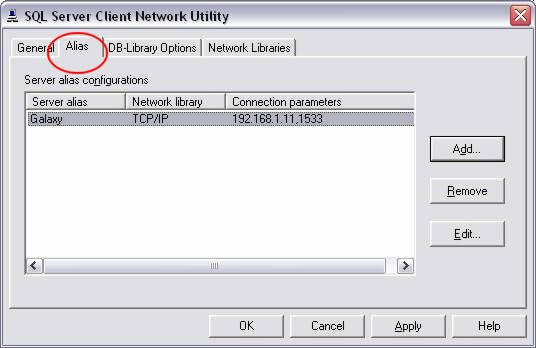
Step 3 of 9
Click “Add” and enter the following information:
Server Alias – Galaxy (Your SQL Server Hostname)
Network Library – TCP/IP
Computer Name – 192.168.1.11 (Your SQL server IP, see Notes below)
Port Number – 1533
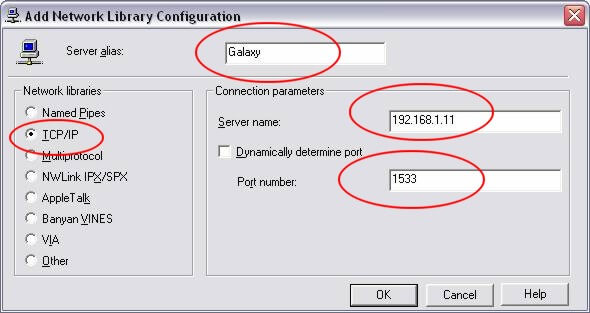
Step 4 of 9
Click OK
Step 5 of 9
Click OK – This will close out the Client Network Utility
Step 6 of 9
Open Enterprise Manager. Right Click “Microsoft SQL Servers” and select “New SQL Server Registration” This will open a wizard. Click Next.
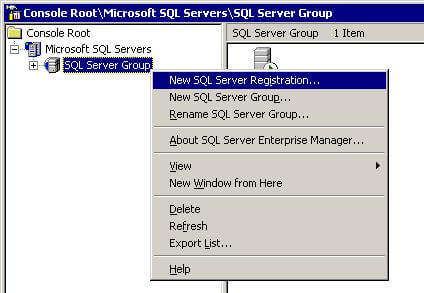
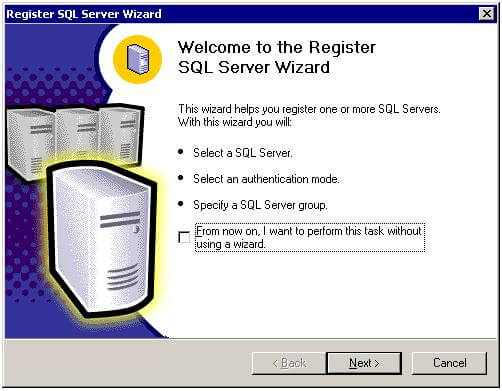
Step 7 of 9
Select “Galaxy” (SQL Server Hostname) from the list of available servers and “Add” it. Click Next.
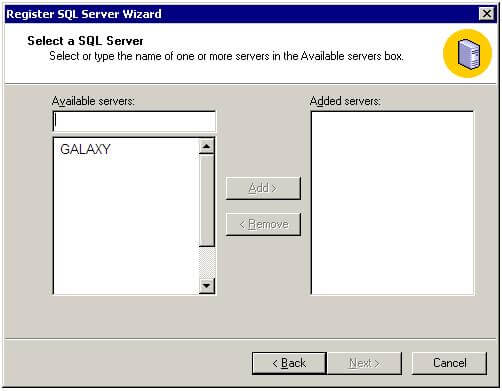
Step 8 of 9
Choose to connect using SQL Server Authentication
Step 9 of 9
Enter your assigned username and password. Keep on clicking next until the wizard is completed.
Notes :
– You may obtain your SQL server IP after you have created your MSSQL database inside your HELM/DNP control panel.
– Please make sure you have SQL Service Pack 3 installed on your terminal.
– Please make sure your local firewall is not blocking Port 1533
– This article only applies to Windows 2003 hosting packages with MSSQL database support.

